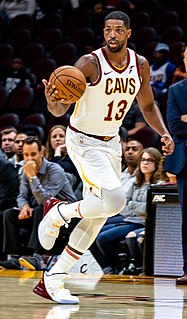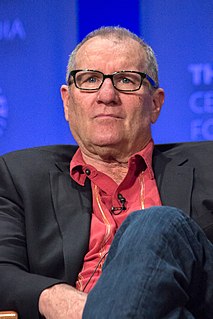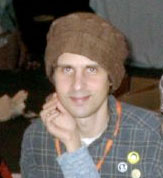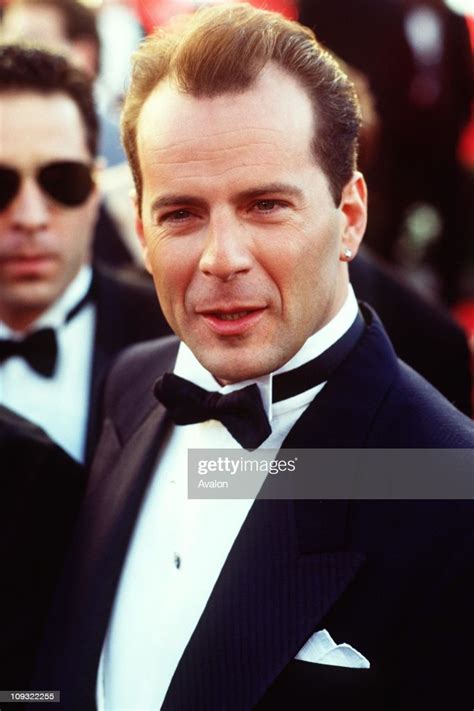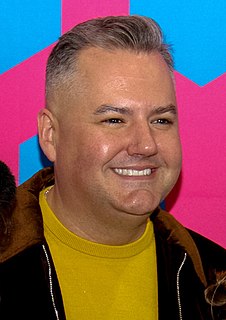A Quote by Donald Ray Pollock
I worked in a paper mill all my adult life and there were a lot of funny guys there. So you pick up on that. Even though something really bad might have happened to somebody you can still make a joke out of it.
Related Quotes
I wouldn't even feel sorry for us if I was going against us. I know teams are licking their chops. The Bulls or Milwaukee, they're excited. Even though somebody is hurt they're still excited because they feel like we're a man down and we might not be as strong, but we're confident here. We got the players to still make something special happen. Guys just have to step up as a unit.
I worked in a steel mill, I worked in a foundry, I worked in a paper mill, I worked in a chemical refinery, construction, I did all that. It was great work, it was good. I learned welding, mechanic, carpentry, but it saved me from going back to prison because that's helpful. It's really sad because those jobs are gone.
With my friends, it was always essentially true stories. That's how I always felt about doing King-Cat. This is something that really happened, whether it makes me look good or bad, or someone else look good or bad. This is what happened, and it's my job in life to write it down. Nowadays, I'm a lot more conscientious about it. I'm not out to attack somebody in print.
It was a pleasure to have somebody else be the boss. It wouldn't have been nearly as much fun any other way. He's been around and made a lot of movies and he's a great straightforward person to work for. And it was a pleasure to see other people to pick up characters that you've sketched out loosely on paper and make them into something fascinating.
All I really know in nonfiction is that when I come home, I've got all these notes and I'm trying to figure out what actually happened to me. I usually kind of know what happened, but as you work through the notes, you find that certain scenes write well and some don't even though they should. Those make a constellation of meaning that weirdly ends up telling you what you just went through. It's a slightly different process, but still there's mystery because when you're bearing down on the scenes, sometimes you find out they mean something different than what you thought.
Now, I want to explain something to you guys. I don't have an ending joke, because I don't tell jokes. I tell real-life stories and make them funny. So, I'm not like the average comedian. They have an ending joke; they always holler Peace! I'm out of here, and walk off stage. So, basically, when I get through performing on stage, I just walk off.
I think a good quarterback or a good linebacker, a good safety, even though you have a lot of bodies moving out there, it slows down for them and they can really see it. Then there are other guys that it's a lot of guys moving and they don't see anything. It's like being at a busy intersection, just cars going everywhere. The guys that can really sort it out, they see the game at a slower pace and can really sort out and decipher all that movement, which is hard. But experience certainly helps that, yes.

